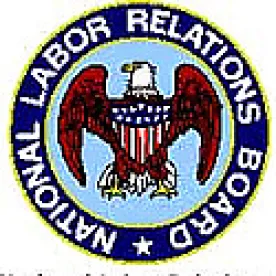Many employers in the “gig economy” – such as rideshare companies – rely heavily on independent contractors for various functions within their organizations. Because independent contractors are exempt from coverage under the National Labor Relations Act (NLRA), which includes the right to form or join unions, this appears to have garnered the attention of the National Labor Relations Board’s (NLRB) top lawyer. And it appears the NLRB may be seeking to disrupt those companies’ current staffing models.
According to a recent press release from the agency:
“National Labor Relations Board (NLRB) General Counsel Jennifer A. Abruzzo and Federal Trade Commission (FTC) Chair Lina M. Khan executed a Memorandum of Understanding (MOU) forming a partnership between the agencies that will promote fair competition and advance workers’ rights. The agreement enables the NLRB and FTC to closely collaborate by sharing information, conducting cross-training for staff at each agency, and partnering on investigative efforts within each agency’s authority.”
The statement then goes on to describe specifically how the agencies will be targeting the gig economy:
“The MOU identifies areas of mutual interest for the two agencies, including: labor market developments relating to the ‘gig economy’ such as misclassification of workers and algorithmic decision-making; the imposition of one-sided and restrictive contract provisions, such as noncompete and nondisclosure provisions; the extent and impact of labor market concentration; and the ability of workers to act collectively.”
What does this mean for employers? For one thing, it reinforces that the NLRB is going to be taking a much closer look at workers classified as independent contractors – and likely finding independent contractor status more often. For another, it means the NLRB may soon be looking at noncompete agreements and similar restrictive covenants and finding the maintenance of overbroad terms to be violations of labor law. And while the memorandum calls out the gig economy, it is not limited solely to companies operating in that space.
Employers – in the gig economy and otherwise – should take note of these agencies’ moves and be aware that these issues are likely to receive much scrutiny in the coming months and years.




 />i
/>i

